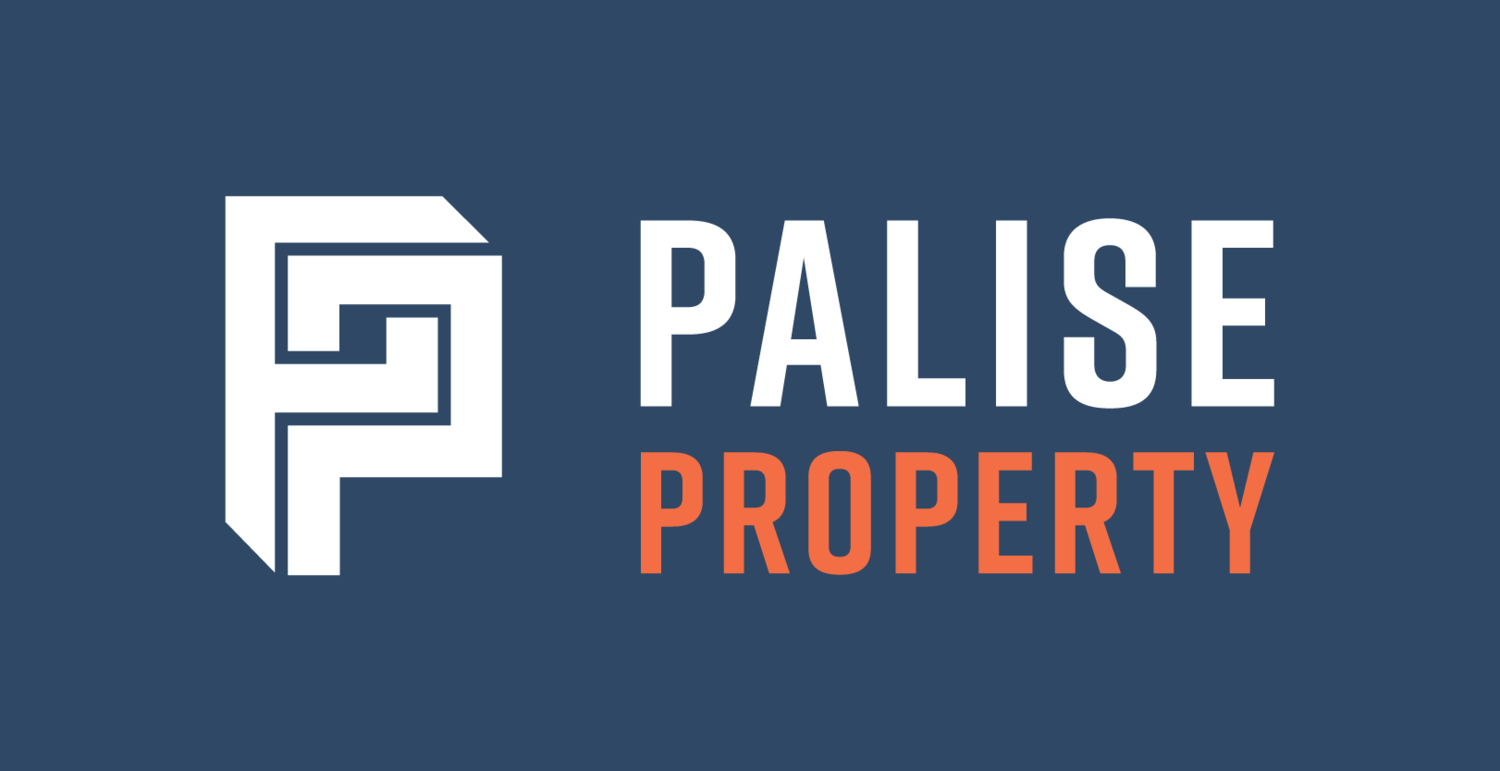How To Overcome a Downturn as a Commercial Property Investor
As a property investor, you may face investment downturns for various reasons, including economic conditions, demand for your specific commercial premises, unforeseen events, or your tenant's struggling business. In these situations, the role and value of your property manager, if you have one, becomes invaluable.
To mitigate the risk of downturns, consider investing in a versatile commercial property that offers flexibility and the potential for multiple uses. For example, retail space can be easily converted into office space. This adaptability can help minimise vacancy periods if your tenant unexpectedly terminates the lease.
Now, let's explore strategies to navigate downturns caused by these specific reasons.
A Decline in the Industry or the Tenant’s Business
When your tenant's business is struggling, you have options like assisting with renovations, installing air conditioning, or offering free rent for a period of time.
You must know when to show compassion, but reducing rent or offering free months may not solve their problems.
Business downturns are often hard to reverse, so recognise when your tenant's financial situation is irrecoverable and when to cut assistance.
Avoid getting emotionally involved. Tenants may view landlords as wealthy and try to take advantage while blaming property quality for their difficulties.
Instead, stay calm and stick to the lease terms. Both parties can be held accountable for non-compliance, including rent or required payments. If a tenant breaches the lease, act quickly to resolve issues and minimise losses.
Acts of God
In the English-speaking legal world, natural disasters like earthquakes and tsunamis are known as "acts of God" or "force majeure events." These circumstances can excuse liability for contract breaches or legal wrongs.
In Australia, acts of God include floods, cyclones, bushfires, and droughts. However, due to COVID-19, the pandemic is now recognised as an act of God, requiring a careful insurance policy review.
To ensure adequate coverage for these risks based on the property's location, evaluate building and landlord insurance and conduct thorough due diligence before purchasing a property.
You should consider involving a surveyor to assess vulnerability and enhance resilience, like implementing bushfire mitigation measures.
If insurance doesn't cover these events, consider collaborating with tenants. Offering rent-free periods while the business can't operate, with repayment arrangements, is a common solution.
Global Economic Crises
In May 2023, the Reserve Bank of Australia predicted a slowdown in Australian economic growth during the first quarter, which is expected to continue throughout the year. Factors such as higher interest rates, an increased cost of living, and previous declines in household wealth are weighing on the economy.
The economy has quite an impact on property prices and business success, so a global economic crisis will affect your commercial property. And depending on your tenant’s industry, it may increase or decrease their business.
One of Australia’s largest recent recessions occurred in 1990–1991; unemployment rose by about 5%, the Australian share market dropped about 40%, and the worst fall in any capital city was a maximum of 2.3% in capital value. Three of the capital cities actually grew during this time to a maximum of 6.8%, which demonstrates the stability of the properties.
Pandemics
The COVID-19 pandemic significantly impacted businesses, leading to temporary closures or the transition to online operations. It also caused a fundamental transformation in commercial investments and changed the demand for various property types. Industrial spaces gained increased interest, while traditional retail properties declined as more retailers embraced online platforms.
During pandemic times, you can collaborate with tenants and assess their claims of reduced profits to determine if a fair rent reduction is warranted. Consider the following steps:
Explore government incentives: Some unaffected tenants may request rent discounts. Encourage them to explore government grants available to small businesses under stimulus measures.
Consider rent deferrals: Instead of completely waiving rent, offer a zero-rent period (e.g., three months) and propose an extended lease of 3 to 12 months. This strengthens the lease, enhances long-term income security, and increases property value once the pandemic subsides.
Evaluate rent relief: Discounting rent (e.g., by 50%) while seeking loan interest deferrals from the bank can be a viable option. This helps tenants stay in business while ensuring loan repayments are manageable.
Refer to government legislation: If the government has implemented specific laws, such as a mandatory code of conduct for landlord-tenant interactions during the pandemic, all parties must comply. These regulations aim to protect landlords, tenants, and the overall economy.
Key Takeaways
A downturn can be a stressful time for any property investor. Fortunately, successfully navigating a downturn is a realistic goal if you have the right strategies and support.
Considering investing in buildings that can offer versatility and have the potential for multiple purposes gives you an extra safety net when faced with tenant loss or other unforeseen events.
We hope this post has helped arm you with the knowledge to survive downturns and come out ahead. If you want to know more about commercial property investing, check out our best-selling commercial property investing book or get in touch with our team for advice tailored to your individual needs.
